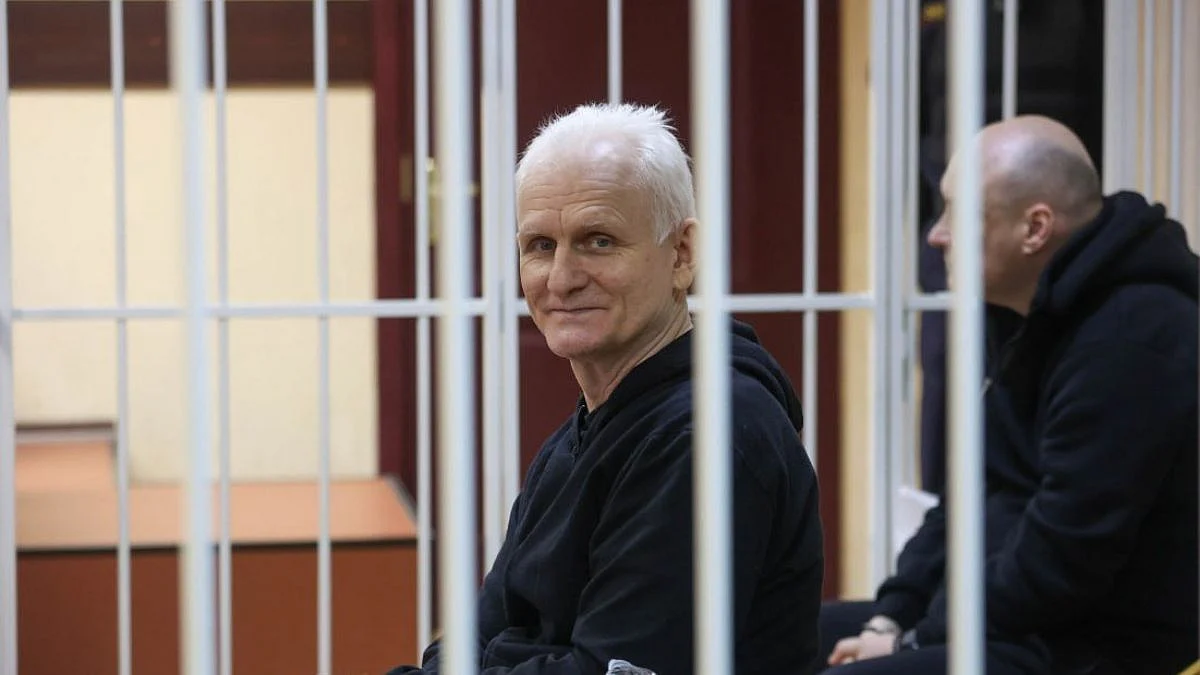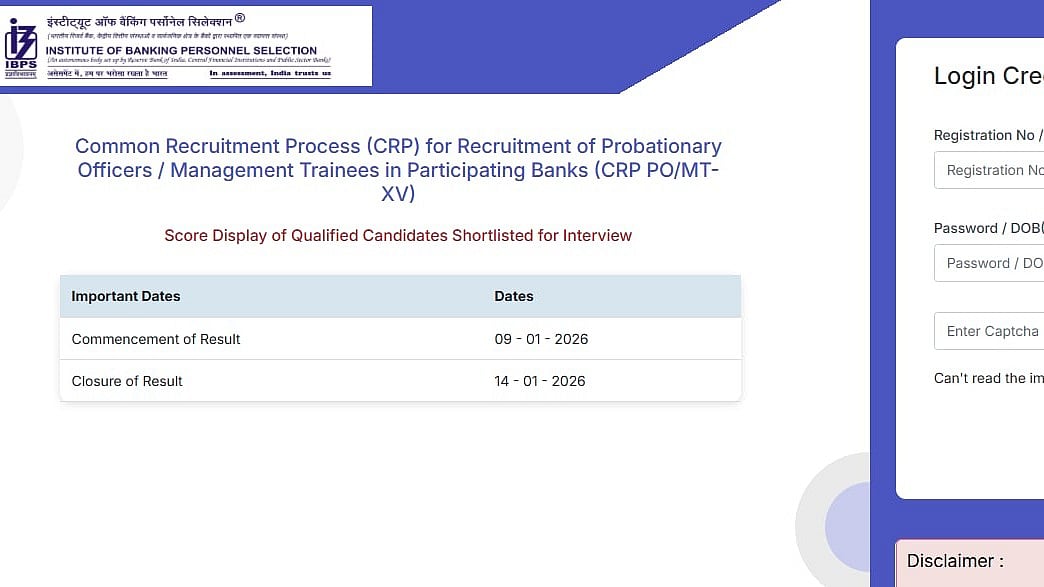Sir Hans Adolf Krebs was born at Hildesheim, Germany, on August 25th, 1900. Krebs is a German-born British biochemist who received the 1953 Nobel Prize for Physiology or Medicine along with Fritz Lipmann for the discovery in living organisms of the series of chemical reactions known as the tricarboxylic acid cycle (also called the citric acid cycle, or Krebs cycle).
Education:
Krebs was educated at the Gymnasium Andreanum at Hildesheim and between the years 1918 and 1923 he studied medicine at the Universities of Göttingen, Freiburg-im-Breisgau, and Berlin. After one year at the Third Medical Clinic of the University of Berlin he took, in 1925, his M.D. degree at the University of Hamburg and then spent one year studying chemistry at Berlin.
In 1926 he was appointed Assistant to Professor Otto Warburg at the Kaiser Wilhelm Institute for Biology at Berlin-Dahlem, where he remained until 1930.
In I930, he returned to hospital work, first at the Municipal Hospital at Altona under Professor L. Lichtwitz and later at the Medical Clinic of the University of Freiburg-im-Breisgau under Professor S. J. Thannhauser.
Nobel Prize in Physiology or Medicine:
According to the website of Nobel Prize, Hans Krebs was awarded the Nobel Prize in Physiology or Medicine in 1953, jointly with Fritz Lipmann, for their discoveries concerning the citric acid cycle and the role of adenosine triphosphate (ATP) in cellular processes.
Discovery of Urea cycle:
At the University of Freiburg (1932), Krebs discovered (with the German biochemist Kurt Henseleit) a series of chemical reactions (now known as the urea cycle) by which ammonia is converted to urea in mammalian tissue; the urea, far less toxic than ammonia, is subsequently excreted in the urine of most mammals. This cycle also serves as a major source of the amino acid arginine.
Had to Leave Germany in 1933:
Being a son of a Jewish physician, Krebs was forced in 1933 to leave Nazi Germany for England, where he continued his research at the University of Cambridge (1933–35).
At Sheffield University, Yorkshire (1935–54), Krebs measured the amounts of certain four-carbon and six-carbon acids generated in pigeon liver and breast muscle when sugars are oxidized completely to yield carbon dioxide, water, and energy.
Krebs Cycle
The Krebs cycle or TCA cycle (tricarboxylic acid cycle) or Citric acid cycle is a series of enzyme catalysed reactions occurring in the mitochondrial matrix, where acetyl-CoA is oxidised to form carbon dioxide and coenzymes are reduced, which generate ATP in the electron transport chain.
Krebs Cycle is a part of Cellular Respiration:
Cellular respiration is a catabolic reaction taking place in the cells. It is a biochemical process by which nutrients are broken down to release energy, which gets stored in the form of ATP and waste products are released. In aerobic respiration, oxygen is required.










